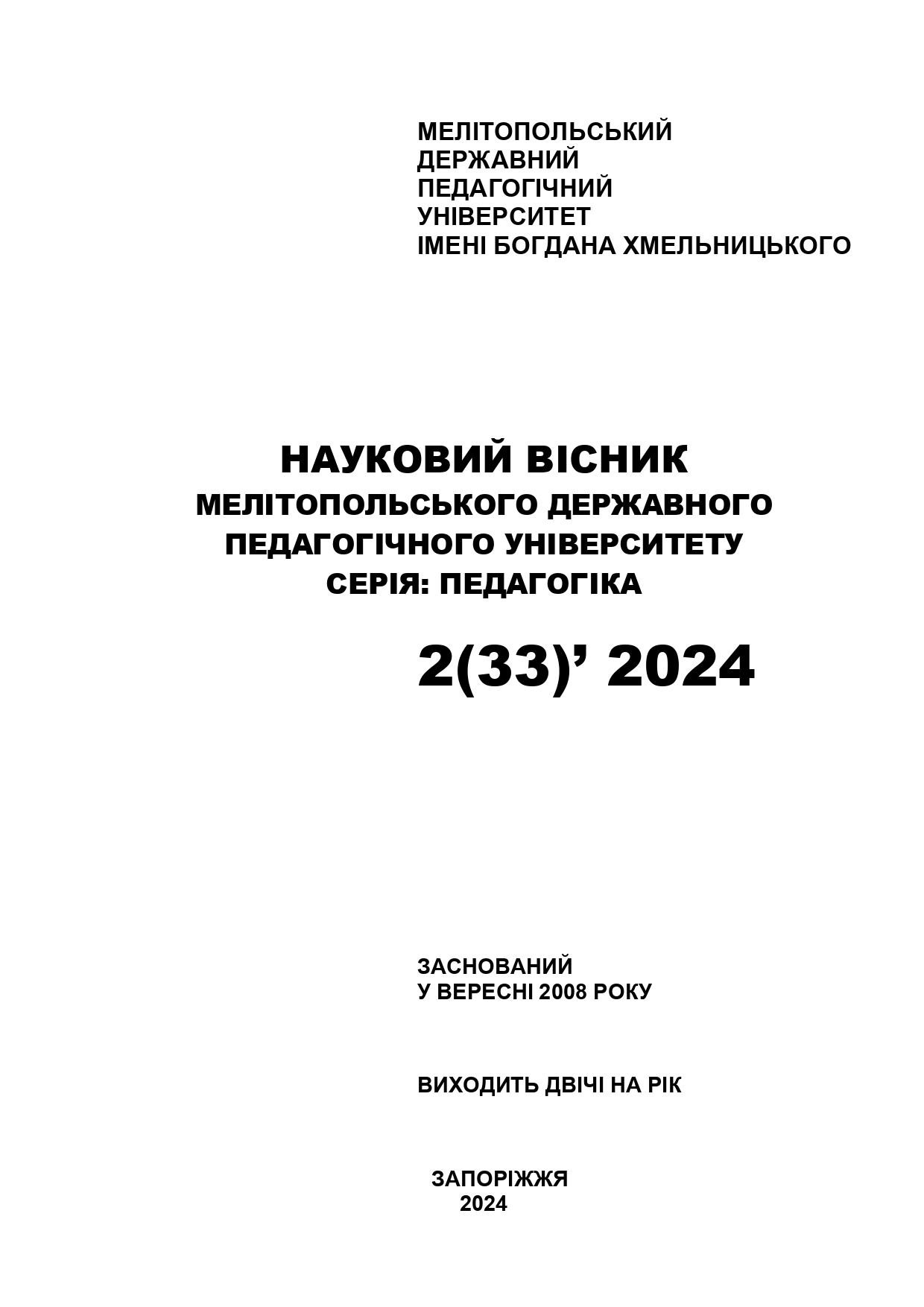Methodology of using informal education resources in vocational training of digital technology specialists
Abstract
The purpose of the study is to develop a methodology for using informal education resources in the professional training of digital technology specialists, which involves substantiating the feasibility of their integration into formal educational programmes, determining the impact on the quality of training, modernization of educational processes and adaptation to the challenges of digital transformation. The methodological basis of the study is theoretical methods, in particular, the analysis of scientific sources and practices of integrating informal education, a comparative analysis of international and national experience, as well as a systematic approach, which allows considering this process as a holistic system. The results of the study are based on the generalization of modern practices and the development of recommendations for the use of informal education in the professional training of specialists. An important focus of the study is to identify key components of the methodology, such as needs of analysis and planning, integration of resources into the educational process, the use of blended learning, practical training, assessment of results and teacher training. The results of the work include substantiation of the role of informal education in professional training of specialists, development of approaches to the integration of such resources into formal education, analysis of the effectiveness of blended learning and implementation of digital technologies into the educational process. In particular, the use of simulations, virtual laboratories and certification programmes, such as AWS, Cisco, Microsoft, as part of formal curricula is proposed. The importance of training teachers for effective mentoring in the process of students' mastery of digital resources is also highlighted. The conclusions substantiate the need to develop adaptive models for the integration of informal education resources into the formal educational process, in particular, taking into account the individual needs of students and the specifics of training specialists in the field of digital technologies. Recommendations are also formulated for improving the qualifications of teachers, developing digital competencies, and implementing new technologies into teaching methods. Further research can be aimed at studying the effectiveness of the proposed model, its impact on the development of professional competencies, and compliance with modern labour market requirements.




